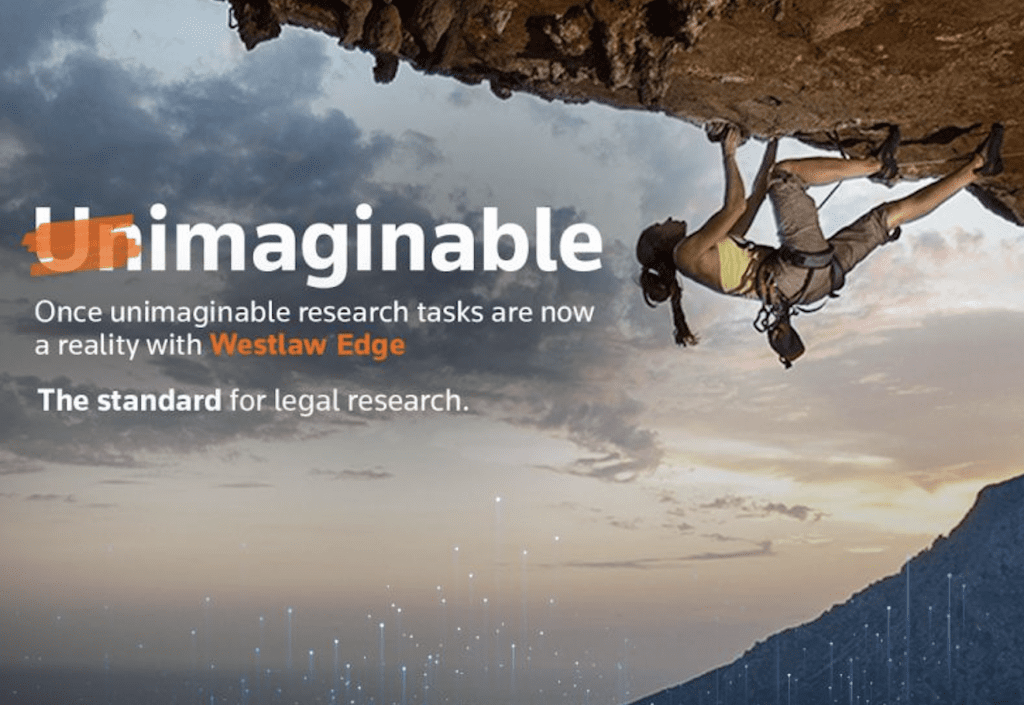An early copyright case that centers on generative artificial intelligence (“AI”) must go before a jury, a Delaware federal judge held this week. In a brief order, in which he decided on the parties’ rival motions for summary judgment, Judge Stephanos Bibas of the U.S. District Court for the District of Delaware determined that a jury must decide the bulk of the elements of the copyright infringement and tortious-interference with contract claims that Thomson Reuters waged against ROSS Intelligence Inc. back in 2020, as well as the fair use defense that the defendant raised in response.
Some Background: The case got its start in May 2020 when Thomson Reuters filed suit against ROSS, accusing the developer of unlawfully copying content from its legal research platform, Westlaw, to develop a competing AI-powered legal platform. Reuters alleged that ROSS copied the entirety of its Westlaw database, including its legal headnotes to use as training data for its own generative AI-powered legal research platform – after it was denied a license to the widely-utilitized legal research website. Reuters’ complaint survived a motion to dismiss in April 2022.
In December of that year, the parties lodged a number of cross motions for summary judgment, with ROSS arguing, among other things, that it was entitled to an early decision on its fair use defense. Specifically, the San Francisco-based startup claimed that its use of data to train the large language models at the heart of its since-shuttered legal platform amounts to fair use because it took only “unprotected ideas and facts about the text” in order to train the models; that its “purpose” in doing so was to “write entirely original and new code” for its generative AI-powered search tool; and that there is no market for the allegedly infringed Westlaw content consisting of headnotes and key numbers. ROSS also argued that Reuters’ tortious-interference with contract claim is preempted by its copyright infringement claim and thus, should be decided in its favor.
Refusing to decide the bulk of the case at the summary judgment stage, Judge Bibas held in his order on September 25 that it is “not [his] role at summary judgment to sort through the evidence and tidy these factual messes.” Instead, such a job should be left to a jury. While the judge did find that “as a matter of law” that Ross actually copied Westlaw headnotes and other copyright-protected content, he left the critical elements of infringement to a jury.
Additionally, Judge Bibas stated that he could not decide on ROSS’ fair use argument, and specifically, whether it transformed the Westlaw headnotes in such a way as to create a “brand-new research platform that serves a different purpose,” as the defendant has asserted.
Still yet, the judge posed – but refused to decide on – questions of public interest with regard to ROSS’ copying and alleged infringement of Reuters’ data for training purposes, stating, “We must take into account the public benefits the copying will likely produce. Deciding whether the public’s interest is better served by protecting a creator or a copier is perilous, and an uncomfortable position for a court.” According to the court, in the case at hand, “We run into a hotly debated question: Is it in the public benefit to allow AI to be trained with copyrighted material?”
THE BIGGER PICTURE: Having been filed back in 2020, the case is procedurally more than two years ahead of the bulk of more-recently-filed case that accuse tech giants like OpenAI and Meta Platforms, among others, of copyright infringement as a result of their allegedly unauthorized use of others’ copyright-protected materials to train the large language models that power platforms like ChatGPT. As such, the outcome of a jury trial in this case will not only be the first to decide on issues of generative AI, copyright infringement, and importantly, fair use, but it will also almost certainly provide a framework for courts in other jurisdictions, which are currently in earlier stages of grappling with novel questions stemming from the widespread adoption of generative AI.
The case is Thomson Reuters Enterprise Centre GmbH v. ROSS Intelligence Inc., 1:20-cv-00613 (D. Del.)














